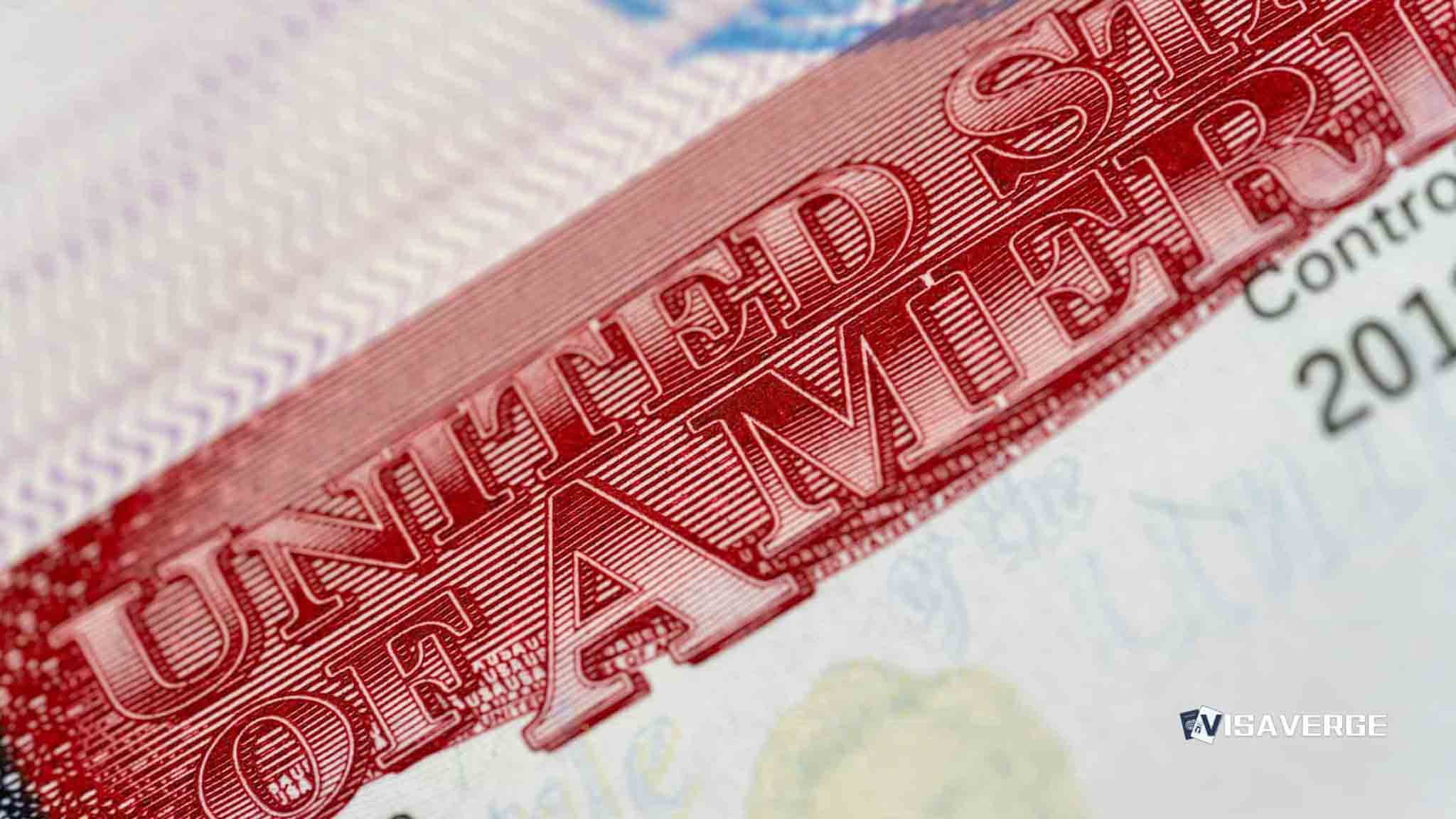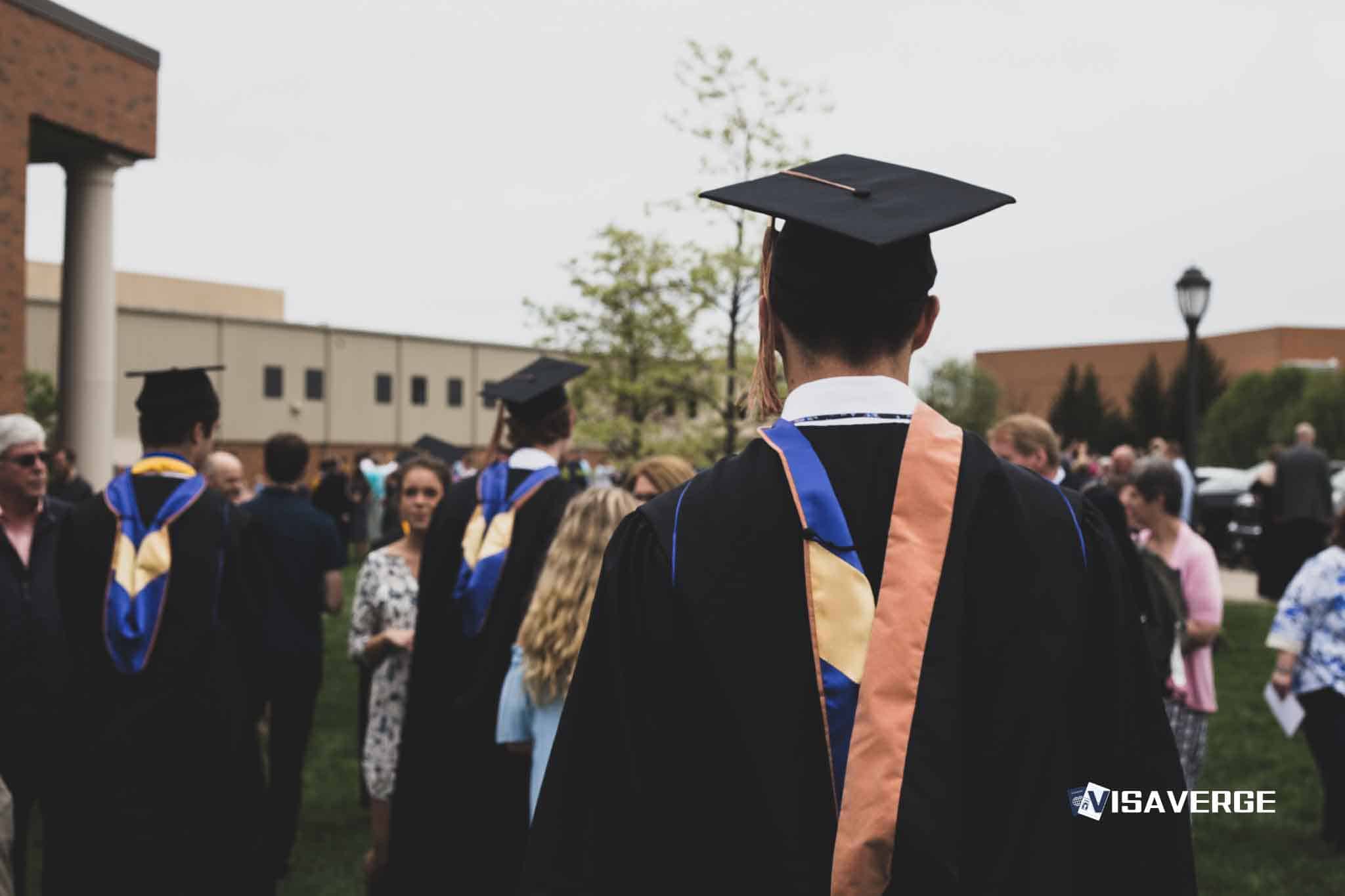(FLORIDA) Florida universities’ hiring of foreign faculty and researchers on H-1B visas is drawing sharper attention as state politics and federal policy proposals converge. In the first two quarters of fiscal year 2025, Florida State University filed 51 Labor Condition Applications (LCAs) for H-1B positions and 42 prevailing wage requests, with no labor petitions for green cards recorded during that period, according to recent records. A new Republican bill, the “Colleges for the American People Act of 2025,” would end higher education’s H-1B cap exemption, potentially reshaping hiring across campuses statewide and beyond.
Proposed legislation would end cap exemption
Under current rules, colleges, universities, and certain nonprofit research organizations are “cap-exempt,” meaning they can sponsor H-1B workers year-round without entering the annual lottery that limits most private employers to a fixed number of slots.

The proposal would:
- Remove that exemption and force all university hires through the standard H-1B process.
- Require universities to comply with the annual numerical cap and lottery.
- Likely reduce how many foreign faculty and researchers institutions can bring on and compress hiring into a narrow spring filing window.
Florida Governor Ron DeSantis has criticized the H-1B program as “almost indentured servitude,” arguing that tying a worker’s status to one employer can trap people and disadvantage American workers. Supporters of the cap-removal bill say it would push universities to hire more U.S. workers.
Opponents counter that:
- The cap already runs out quickly in the private sector.
- Applying it to universities could choke off specialty talent in fields where qualified U.S. candidates are scarce.
What the numbers show at Florida State University
Florida State University’s filings—51 LCAs and 42 prevailing wage requests in the first half of FY2025—offer a snapshot of ongoing demand for international scholars.
Important filing context:
- An LCA is a required Department of Labor (DOL) filing where the employer attests to paying at least the required wage and meeting basic conditions.
- Employers submit LCAs on the DOL’s ETA-9035/9035E form.
- The related prevailing wage request helps set the minimum pay level and is filed on DOL’s ETA-9141.
- These steps are prerequisites to the H-1B petition to U.S. Citizenship and Immigration Services (USCIS) on Form I-129.
Key links (unchanged):
– ETA-9035/9035E (LCA): https://www.dol.gov/agencies/eta/foreign-labor/forms/eta-9035-9035e
– ETA-9141 (Prevailing Wage): https://www.dol.gov/agencies/eta/foreign-labor/forms/eta-9141
– Form I-129 (H-1B Petition): https://www.uscis.gov/i-129
Note: An LCA or prevailing wage request is not the same as an approved H-1B. They are front-end steps that show hiring intent and wage planning. Records also show Florida State University filed no labor petitions for green cards in the same timeframe, suggesting limited permanent sponsorship activity during those months.
The University of Florida, for its part, sponsors international employees for H-1B status and outlines a step-by-step process that includes prevailing wage compliance, careful documentation, and timing considerations. This reflects how universities must balance academic needs with strict federal rules on wages and duties for specialty occupation roles.
For background on eligibility, filing stages, and employer obligations, USCIS provides an H-1B overview: https://www.uscis.gov/working-in-the-united-states/temporary-workers/h-1b-specialty-occupations
What it means for faculty, students, and employers
If the “Colleges for the American People Act of 2025” passes, Florida State University and other campuses would have to plan hiring around the H-1B cap cycle. Departments often recruit on academic calendars, not lottery calendars, and faculty searches can take months. Missed windows may delay classes, labs, and grants.
Potential operational impacts include:
- Hold offers until the next cap season, risking the loss of candidates abroad.
- Shift start dates, disrupting course schedules and research milestones.
- Reassess budgets as prevailing wage levels rise across certain occupations.
For foreign scholars, the change would add uncertainty. Today’s university cap exemption lets a department file an H-1B at any time of year, reducing gaps between job offer and start date. Requiring the annual lottery means a new hire may wait many months and face selection by chance.
Critics like Gov. DeSantis also point to job mobility limits: H-1B workers must line up a new sponsor before leaving a job, which can be hard when visas are tied to a specific employer.
For American workers, supporters say moving universities into the capped pool could open more roles. But universities warn of likely shortages in specialized fields—especially in STEM and certain language and area studies. Complex labs, grant-funded projects, and niche teaching needs may struggle to find ready U.S. candidates in time for semester launches.
Broader policy trends and potential responses
Policy watchers note other potential H-1B adjustments floated in recent years, such as weighted selection methods that rank registrations by wage or credentials. If future rules move that direction, universities might feel added pressure to set higher salaries to improve selection odds, further straining budgets.
According to analysis by VisaVerge.com, removing the higher-education cap exemption would quickly ripple through hiring plans, grant timelines, and student services. The site notes many campuses depend on the cap-exempt track to secure faculty with narrow skill sets—from quantum research to advanced bioinformatics—on timetables that do not fit a lottery.
Practical steps for stakeholders now include:
- Universities:
- Map academic hiring against the H-1B lifecycle tasks: prevailing wage, LCA posting, petition preparation, and potential cap timing.
- Keep position descriptions precise; the job must qualify as a “specialty occupation.”
- Departments:
- Build contingency plans for classes and labs if a finalist must wait for the cap.
- Consider start-date flexibility and interim teaching coverage.
- Foreign candidates:
- Keep records tidy (degrees, transcripts, credential evaluations).
- Ask hiring units about LCA posting timelines and wage levels.
- If relocation is time-sensitive, discuss options for delayed starts or alternative roles.
- All employers:
- Watch compliance: LCAs require public posting and attestations.
- Ensure wages meet or exceed the required level for the location and role.
Key takeaway
Even modest H-1B changes can have outsized effects in academia. The statewide conversation—fueled by Gov. DeSantis’s critique and the new bill—captures a national tug-of-war between protecting U.S. jobs and keeping America’s universities competitive.
With Florida State University’s filing activity showing steady demand for global talent, the core question becomes: Can campuses keep using the H-1B in a way that fits real hiring cycles if the cap exemption disappears? Lawmakers will decide whether higher education keeps its unique lane or joins the rush of cap-bound employers competing for a limited number of visas each spring.
Important: Changes to H-1B rules would affect hiring timelines, budgets, and academic program continuity—so stakeholders should monitor legislation closely and prepare contingency plans now.













